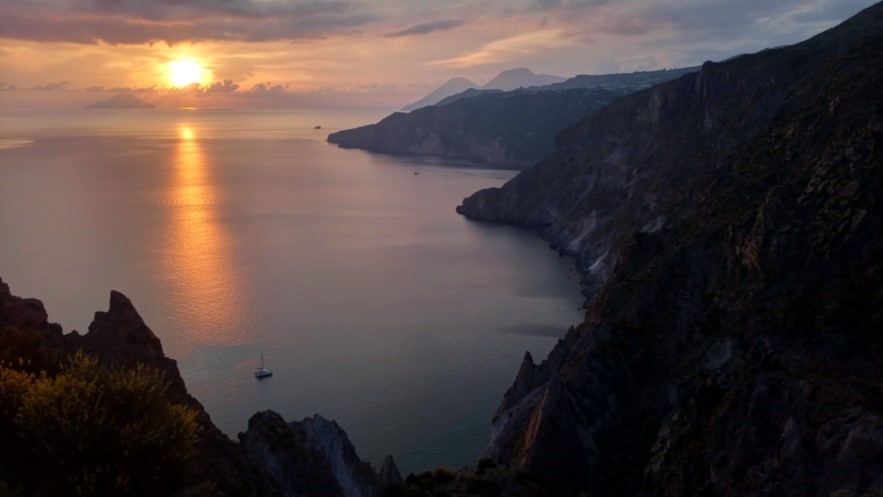A major campaign is underway across the Mediterranean to raise the profile and encourage the conservation of protected marine environments.
More than 30 years after they were first created, marine Natura 2000 sites suffer from neglect and a lack of awareness compared to their better-known terrestrial counterparts, according to the LIFE A-MAR NATURA2000 project.
The one million euro campaign, which runs until 2025, covers more than 500 marine sites across Italy and France. Its mission is to get more people ‘loving the sea and its protected sites by learning about them.’ If successful, the best practices gathered through this first phase will then be replicated in France, Greece, Malta and Albania.
‘This first stage of the project will end in 2025,’ says Luca Santini, President of project partner Federparchi. ‘By then we hope to have changed the approach and behaviour of local stakeholders towards these sites and increase their commitment to nature conservation.’
Adding on to this, he stated: ‘The European Union wants to have the 30 percent of all land and sea protected by 2030’. However, while the target for terrestrial sites in Italy has been close to being achieved, the same cannot be said for its marine sites.
LIFE A-MAR NATURA2000 aims to reach around six million users of the sea through communications and awareness campaigns to raise the profile and visibility of Mediterranean Natura 2000 marine sites. This summer, for example, saw the yacht Teta undertake a six-week sailing tour around 50 Natura 2000 marine sites in Liguria, Sicily, Tuscany, Sardinia and Lazio offering free guided tours along the way.
Teta was one of a number of yachts made available for the Italian campaign after they were seized from organised crime gangs with the aim of being ‘returned’ to Italian citizens for social and environmental awareness activities.
‘Communication and awareness raising is important, not only for stakeholders and citizens, but also for institutions to be aligned with the EU agenda by 2030,’ added Santini. ‘These marine sites are extremely important for the ecosystem services they offer and their value in terms of biodiversity.’
Source: European Climate, Infrastructure and Environment Executive Agency | News (https://shorturl.at/fT135)
